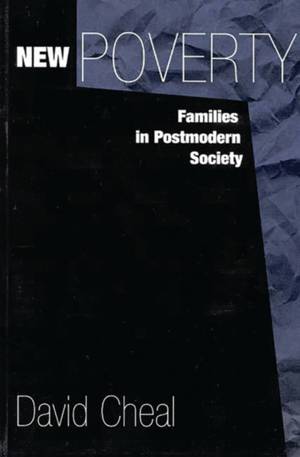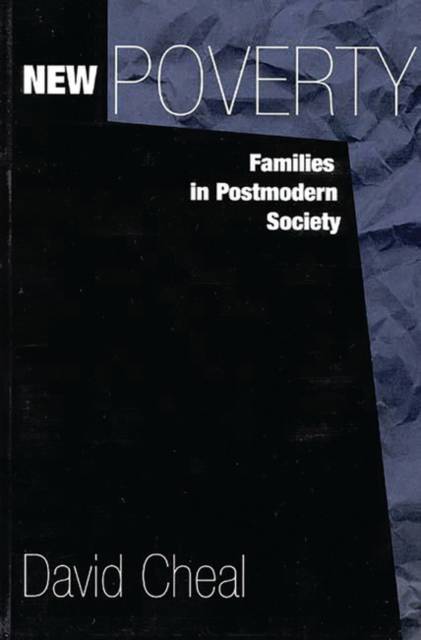
- Retrait gratuit dans votre magasin Club
- 7.000.000 titres dans notre catalogue
- Payer en toute sécurité
- Toujours un magasin près de chez vous
- Retrait gratuit dans votre magasin Club
- 7.000.0000 titres dans notre catalogue
- Payer en toute sécurité
- Toujours un magasin près de chez vous
Description
The new poverty is about the economic fall of individuals and countries who used to be affluent and who once dreamed that their affluence would go on forever. It is about the experience of free-falling, without a parachute and without much of a safety net. The new poverty is about people who lose their jobs when their company downsizes. It is about people whose hours of employment are cut in half when the work runs out. And it is about couples who separate, thereby plunging one of them--and probably their children--into a low income level that they had never anticipated.
What is new about the new poverty is the sense of surprise--that poverty can hit so suddenly, that people can fall so far before they are caught and lifted up, that the poverty of children still troubles us after a century of progress. The new poverty is about our loss of faith not only in relationships that were once thought to last a lifetime, but also in government programs that we believed would last for generations. Cheal translates the experience of the new poverty into sociological theory and into social statistics. His purpose is to provoke serious, critical reflection about families today and the risks of being poor. An important study for scholars and researchers involved with family issues and social policy.Spécifications
Parties prenantes
- Auteur(s) :
- Editeur:
Contenu
- Nombre de pages :
- 232
- Langue:
- Anglais
- Collection :
Caractéristiques
- EAN:
- 9780275965846
- Date de parution :
- 30-03-99
- Format:
- Livre broché
- Format numérique:
- Trade paperback (VS)
- Dimensions :
- 154 mm x 236 mm
- Poids :
- 349 g

Les avis
Nous publions uniquement les avis qui respectent les conditions requises. Consultez nos conditions pour les avis.






